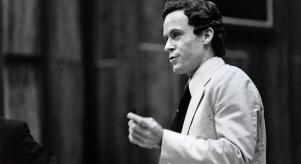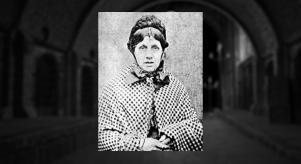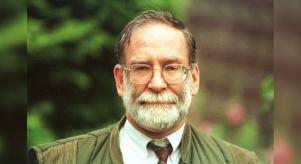
My Stepdad Abused Us for Twelve Years
For twelve years, Louise Turnbull was raped and sadistically abused by her stepfather, Albert Maughan. This abuse was consistent and relentless and has had a serious and long-term effect on Louise’s life.
For the majority of people paedophilia and, moreover, the act of child molestation is a crime so reprehensible that it evokes immediate feelings of anger and disgust. The fact remains, however, that it is estimated one in six children in the UK will be sexually abused before the age of 16.
Whilst all paedophiles pose a risk to children, Albert Maughan represents the most dangerous classification - violent, narcissistic, and with a total disregard for his victim’s wellbeing. Paedophiles who fall into this category show no remorse for their actions, are in self-denial about their behaviour, and have the ability to believe their own lies to validate their appalling behaviour.
Paedophiles like Albert Maughan are able to justify their actions by seeing the abuse they inflict as merely ‘educating’ their victims for their own good; moreover believing that their victims ‘enjoy’ the abuse.Whilst a well-adjusted adult would be able to recognise a child’s distress and fear in such circumstances, the paedophile interprets the world very differently, misreading the child’s body language and interpersonal cues. This, combined with a lack of empathy, means they fail to recognise the distress and disgust of their victim, instead holding the misguided belief that the child is a willing participant.
Paedophiles often go unpunished due to the web of fear they weave into the psyche of their victim, slowly eradicating their sense of self-worth and replacing this with unmanageable feelings of shame and self-loathing, which make speaking out seem all but impossible.
Whilst the idea of bringing abusers to justice can feel overwhelming for their victims, there are many positives associated with taking such action. Psychologically, the paedophile has their victim trapped in a cycle of self-blame where they feel partly responsible for the abuse. They fear the consequences of speaking out on account of the threats the abuser has made to them over the years, often involving potential harm to people they love. Due to a feeling of worthlessness on the part of the abused individual, they fear that no one will believe that the abuse ever occurred; for Louise, this was particularly relevant as she had spoken to the police about her abuse previously and received no help.
Whilst the journey for justice may feel overwhelming and scary for the victim, there is also a level of liberation associated with it. Watching an individual who caused so much fear and pain having their power removed, and their freedom with it, can allow the victim’s mentality to shift to that of a survivor.
Louise is that survivor, someone who found the immense courage that it took to have her abuser charged and finally imprisoned. This powerful action has led to Louise shedding any self-blame and has empowered her to understand that she was a child who had her innocence, childhood and safety cruelly stolen.
Finally Albert Maughan is where he belongs, trapped inside a cell where he can no longer cause harm, whilst Louise has the psychological, physical and emotional freedom that she always deserved.




